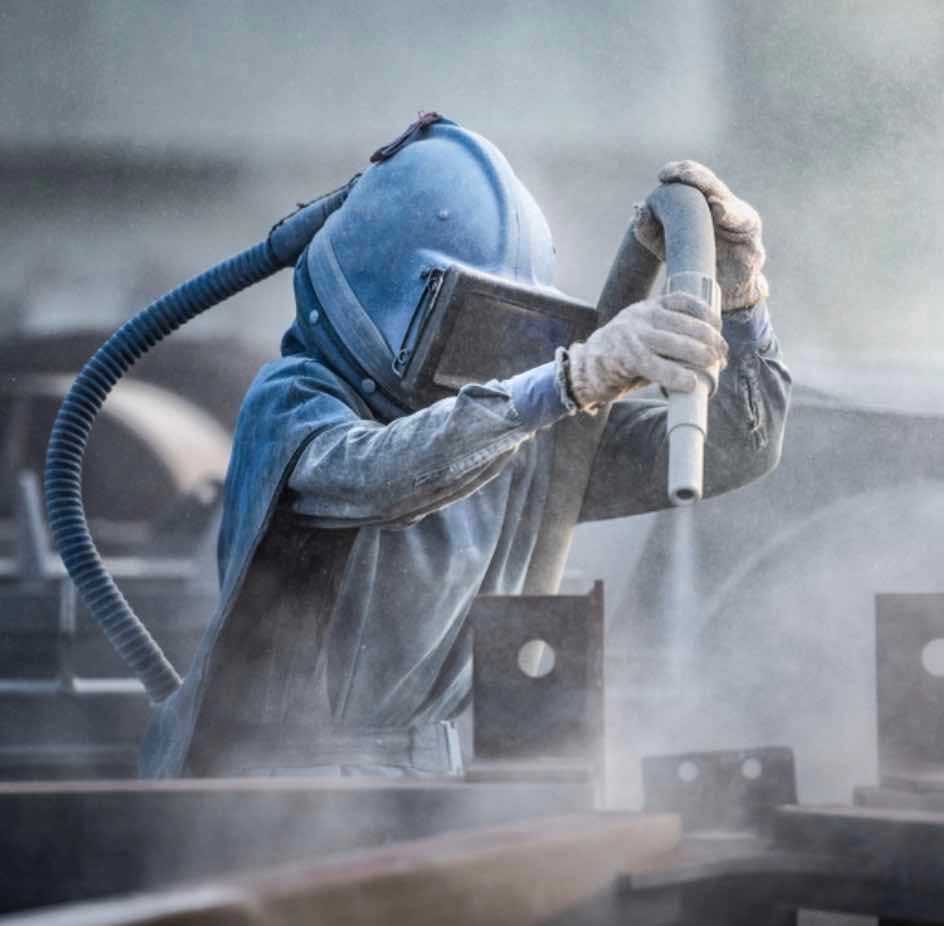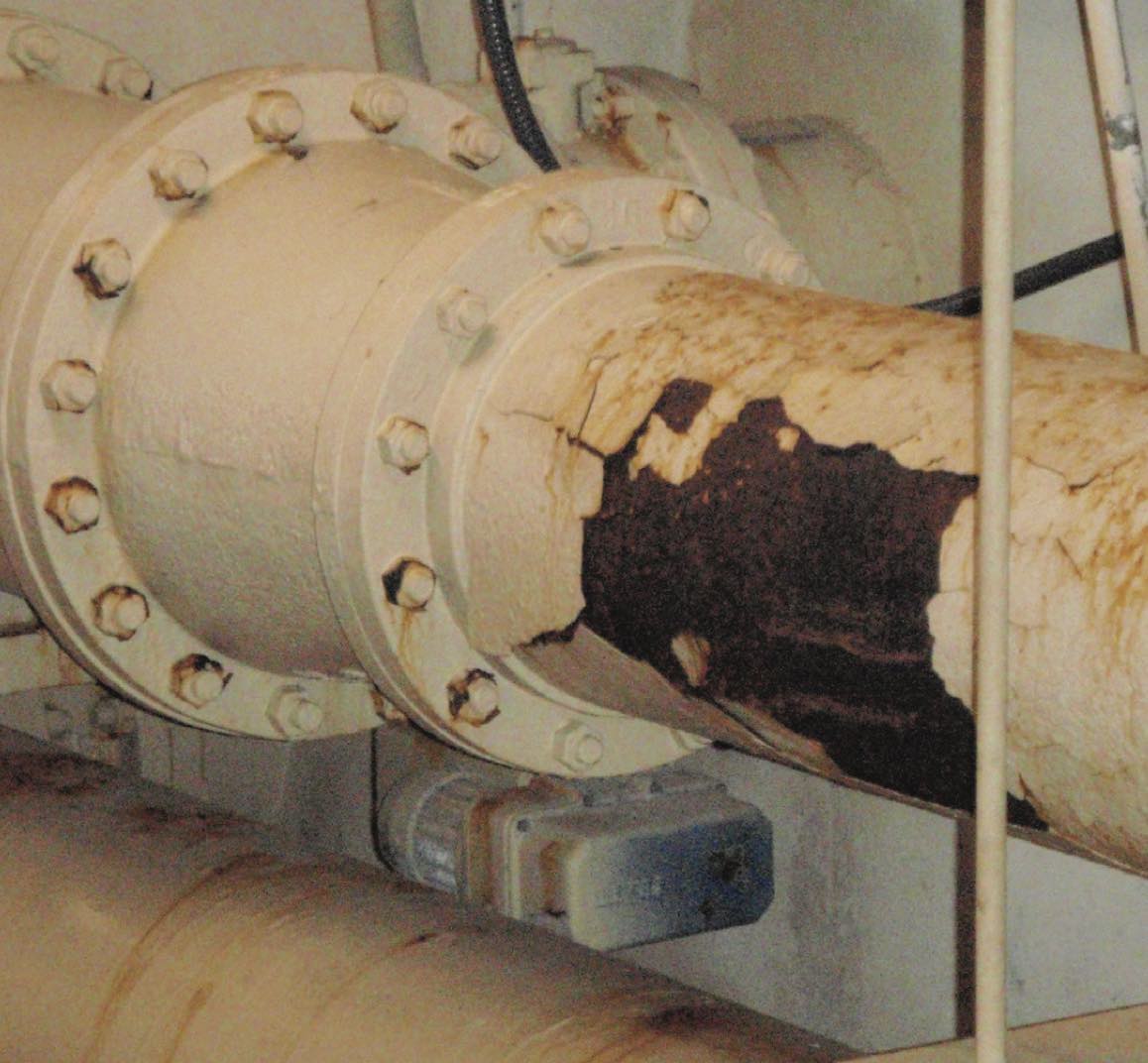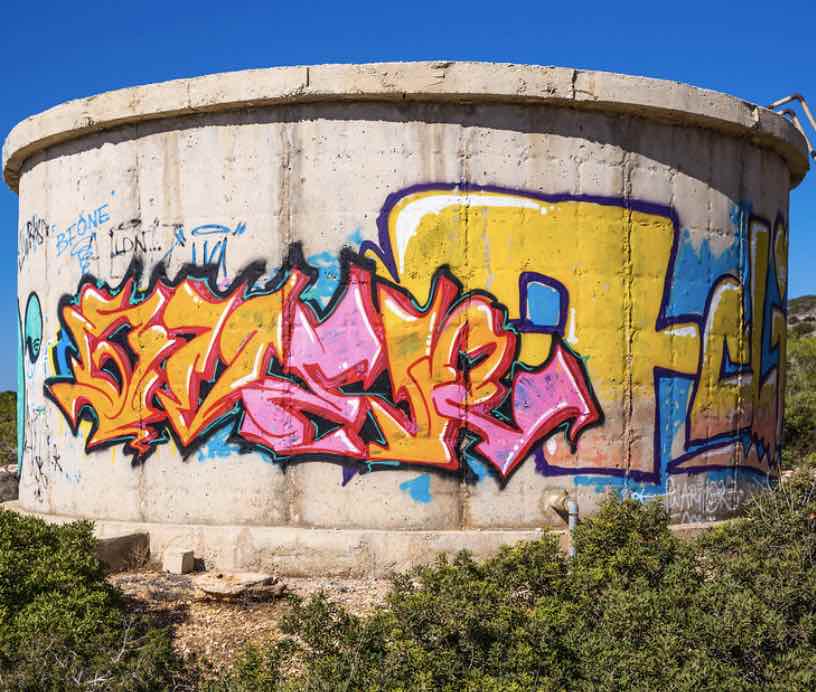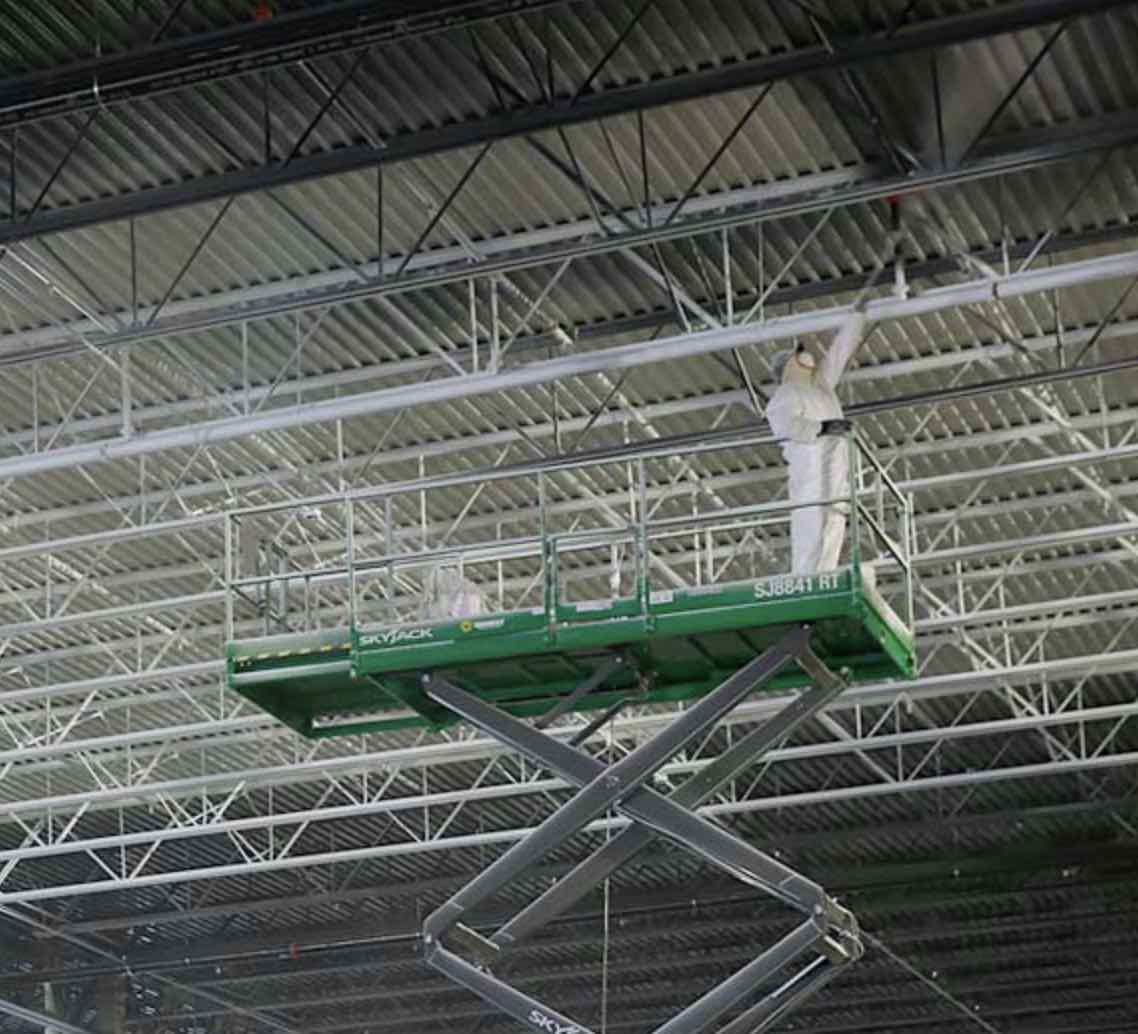
Different abrasives and Where They are Used
Sandblasting media is the material used in the sandblasting process to remove surface contaminants, smooth out rough surfaces, and surfaces for coatings.
- High Performance Coatings
Blasting media is the material used in the sandblasting process to remove surface contaminants, smooth out rough surfaces, or etch designs onto surfaces. Here are some of the different types of sandblasting media and their common uses:
The Complete Guide to Blasting Media: Choosing the Right Abrasive for your Project
Sandblasting, also known as abrasive blasting, is a powerful surface preparation technique that relies on the right media to achieve optimal results. Whether you're removing rust, smoothing rough surfaces, or preparing materials for coating, selecting the appropriate sandblasting media is crucial for both effectiveness and safety.
Understanding Blast Media
Blast media refers to the abrasive materials propelled at high speeds to clean, etch, or texture surfaces. Each type of media offers unique properties that make it suitable for specific applications, surface types, and safety requirements.
Traditional and Natural Media Options
Silica Sand: The Original Standard
Silica sand earned sandblasting its name as the traditional go-to media. This natural abrasive remains inexpensive and readily available, making it effective for hard surfaces like metal, concrete, and masonry. However, silica sand creates significant dust and poses serious health hazards to workers, leading many professionals to seek safer alternatives.
Walnut Shells: Nature's Gentle Touch
For delicate surfaces requiring a soft touch, walnut shells provide an environmentally friendly and non-toxic solution. This natural abrasive excels at cleaning and polishing wood, plastic, and fiberglass without causing damage, making it ideal for restoration projects and sensitive materials.
Garnet: The Versatile Mineral
Garnet blast media stands out as a natural mineral abrasive that combines hardness with durability. Its versatility shines in surface preparation for painting and coating, rust removal, and scale elimination from metal surfaces. Garnet also works exceptionally well on wood and fiberglass, while producing less dust than other mined materials.
Engineered and Manufactured Media
Glass Beads: Precision and Cleanliness
Glass beads offer a spherical, gentle approach to sandblasting that's particularly popular for their dust-free operation. These manufactured spheres excel at cleaning and peening metal surfaces while removing imperfections without creating excessive wear on the substrate.
Aluminum Oxide: The Durable Performer
When longevity and hardness matter, aluminum oxide delivers exceptional performance. This synthetic abrasive works effectively across multiple surface types—metal, glass, and plastic—making it a versatile choice for surface preparation before painting or coating applications.
Steel Grit: Maximum Aggression
Steel grit brings sharp-edged efficiency to heavy-duty applications. Made from hardened steel, this abrasive specializes in removing stubborn rust and scale from metal surfaces while creating the rough texture necessary for superior paint and coating adhesion.
Plastic Media: Gentle Yet Effective
Various plastic formulations create media designed for gentle surface preparation and cleaning. Plastic media excels at removing coatings, contaminants, and light rust without damaging the underlying surface, making it invaluable for delicate restoration work.
Industrial Byproduct Media
Copper Slag: High Performance with Considerations
As a byproduct of copper production, copper slag offers a hard, dense abrasive suitable for surface cleaning and roughening before coating applications. While effective at removing rust and old coatings, its higher cost and potential health risks from hazardous dust require careful consideration.
Coal Slag: Budget-Friendly but Limited
Coal slag emerges from coal-fired power plants as an inexpensive and readily available option. It handles rust, paint, and coating removal from metal surfaces and works on concrete applications. However, its effectiveness diminishes in heavy-duty applications, and like copper slag, it poses health risks that require proper safety measures.
Innovative Solutions
Dry Ice: The Clean Alternative
Dry ice blasting represents a revolutionary approach using compressed and frozen carbon dioxide pellets. This non-abrasive, environmentally friendly method creates no dust and leaves no residue, making it ideal for cleaning applications where contamination must be avoided. Note that dry ice won't create surface profiles—it's purely a cleaning method.
10x Superoxalloy: Next-Generation Engineering
This engineered alloy of oxide minerals represents cutting-edge abrasive technology. Created through precise formulation and tempering, these non-crystalline particles resist breakage under high-speed impact, substantially reducing dust while increasing efficiency. The molecular structure prevents embedding in substrates, reducing flash rusting for extended periods. Its clean nature makes it significantly safer for workers compared to traditional mined blast media.
Making the Right Choice
Selecting the optimal abrasive requires careful consideration of several factors:
- Surface type and material sensitivity
- Desired surface profile and finish
- Worker safety and environmental concerns
- Cost and availability
- Dust generation and cleanup requirements
Professional Guidance Matters
The complexity of media selection and the critical importance of safety make professional consultation invaluable. Working with experienced specialists like High Performance Coatings ensures you choose the most appropriate media for your specific application, balancing effectiveness, safety, and cost-efficiency.
Whether you're tackling a small restoration project or planning large-scale industrial surface preparation, understanding these media options empowers you to make informed decisions that deliver superior results while prioritizing worker safety and environmental responsibility.
LET OUR KNOWLEDGE AND EXPERTISE HELP ENSURE YOUR NEXT PROJECT IS SUCCESSFUL
Check out these additional resources:
The Importance of Surface Preparation

Surface Tolerant Coating Applications
All Elastomeric wall coatings aren’t equal!

Do High Performance Coatings Provide Graffiti...
High-performance coatings can offer anti-graffiti...

Maintenance Guide for Metal Surfaces with...
High Performance Coatings provide excellent...